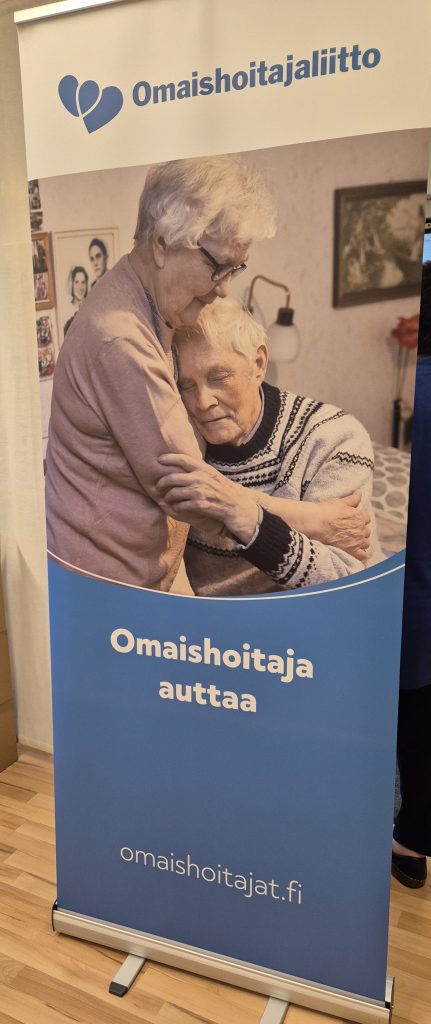Catherine Kayonga: Benefits of field visits for researchers: Own reflections
Recently, I had a field visit to four institutions, and I must say it was an invaluable experience. As researchers, most of our time is spent doing data analysis, literature review and writing which happens on computer screens in our offices. So, this in person experience at these organisations provided for me a connection to the lived realities, and environment of people that I have always sought to understand as a researcher.
This blog depicts my reflections on how I was touched through this experience, and the benefits it could have.
Bringing data to life
Often, the pressure to write and publish manuscripts obscures the real surveys especially in quantitative research. This makes us forget the fact that behind each number is a human being experiencing this situation, since numbers alone lack the context. For me, these visits brought data to life and enriched my experience to include the environmental and cultural dynamics.
For instance at Invalidiliitto (The Finnish Association of People with Physical Disabilities) I learnt about information first hand from experts in the field, including the ongoing projects, challenges, experiences and even stories of people with physical disabilities. Making it a more informative experience than the numbers along could ever reveal.
Stimulating new research ideas and direction
This field visit was a source of inspiration, and I often found myself firing with ideas, and questions through our discussions. The interactive process with specialists from these organisations sparked the need for a deeper exploration and inquiry about the topics at hand and how to derive solutions to the current problems being faced by people.
Ultimately, this whole process enriched my understanding, perspective and was eye opening for me. My curiosity was especially heightened at the Omaishoitajaliitto (Carers Finland) because it was the first time I was engaging with an organisation that put the needs and rights of caregivers at the forefront. I was impressed by the organisation’s roles like promoting opportunities for carers throughout the life span and helping regional organisations in advocacy work. Afterall the happy, healthy, content wellbeing for carers often trickles down to improved wellbeing of those being cared for.

Keeping up with current trends, and appropriate terminology from the field
The changes in politics, and people’s life situations happens swiftly, so researchers need to be updated to keep research ideas and output relevant to the needs of people. As per the time of my visit, the most threatening challenge to all the organisations was the cut in funding that threatened the work of organisations, so it would then be good research idea, to investigate the impacts of cutting budgets. Maybe then these results would work as policy recommendations for those in charge of policies to prevent further cuts.
At the Jade community (Association of Older Foreign Speakers) the importance of using suitable terminology was illustrated. For instance, the use of “foreign language speakers” was preferred to using the term “immigrants”. This was because the word immigrant sometimes has negative connotations to it as compared to the former. For me, this mindfulness to the words used in the organisations was powerful and empowering to the older adults. This reminded me that even as a researcher taking care in using the right terminology was vital as doing no harm to the participants is part of research ethics.
Building relationships and fostering collaboration between researchers and stakeholders
Through these field visits, the informal discussions we had with the experts from the different organisations helped build rapport and trust hence making it easy to delve into candid discussions. This experience also laid a foundation for future collaborations due to the built relationships.
Validating data Accuracy
This was realised after discussions with experts at the Jade Community Association of Older Foreign Speakers and with the team responsible for cases regarding older adults persons of the Ombudsman’s office at the Finnish parliament. Since my research revolves around social support and the wellbeing of older adults, I found that most of the real-life situations were in tandem with available data used in surveys. These consistencies demonstrated accuracy between the dataset and the situation on ground. For me, this reinforced and verified the correctness of the data, which is a necessary step in preventing the risk of discrepancies, misinterpretation, and bias.
In conclusion, there is need for us as researchers to make sure that our findings are not just academically sound but also realistically relevant and valuable to the communities, businesses and lives, they investigate by making the effort to visit field sites on a frequent basis.
Catherine Kayonga works as a doctoral researcher in the Neuro-Innovation PhD programme. Her research focuses on unmet social and healthcare needs of older people.